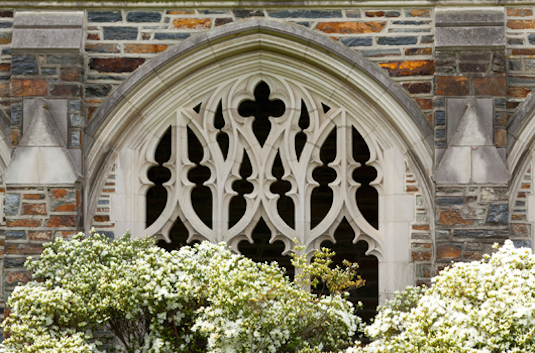« Cette plante peut donner ou ôter la vie » : Divergent Classifications of Life in Saint-Domingue’s 18th- Century Natural Histories

In 1789, Abbé Delahaye, a botanist, priest, and enslaver living in the parish of Dondon, Saint-Domingue, compiled the manuscript volume Florindie, ou Histoire physico-économique des végétaux de la Torride. In staging his own plantation as a field site for his anti-Linnaean natural history project, the abbé inadvertently discloses glimpses of the lives of those most immediately involved with the plants catalogued: Africans and African-descended creoles, enslaved and self-emancipated. Through a careful reading of this text and others produced in 18th-century Saint-Domingue, this talk will center a humble subsistence root vegetable to uncover the fragilities of the plantation order itself, and to investigate creative, insurgent life projects beyond its spatial and classificatory limits. It will explore how the profile of the manioc root in Florindie reveals the spatial navigations and ecological negotiations of Africans and their descendants in a colony on the brink of upheaval. Much as creole naturalists refused to conform to abstracting Linnaean taxonomies, how did enslaved and fugitive communities engage with Saint-Domingue's ecologies to disrupt plantation classifications of human and nonhuman life?






